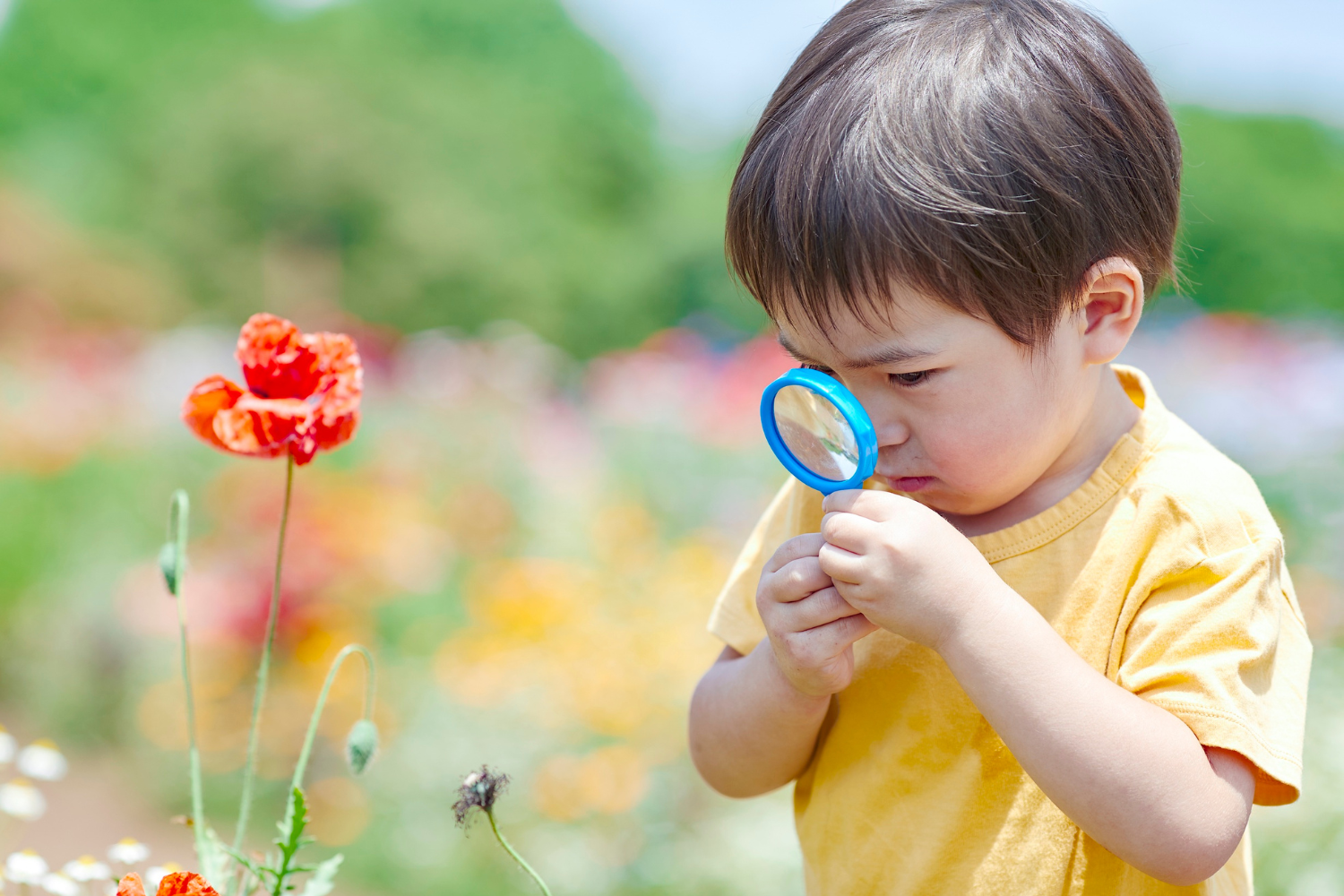A belief that became popular in the 1980s was the idea that lavishing our children with unearned praise and plenty of attention would produce more confident adults.
But it turns out that raising a child this way is just about the worst thing a parent can do.
“I do not ask the wounded person how he feels, I myself become the wounded person.”
The problem is that we confuse self-esteem with confidence.
High self-esteem is an overinflated view of your worth that leads to sociopathic-type disorders; whereas, confidence come from the Latin root, confidere: to have trust. Confident people have trust in themselves and their abilities.
Martha Stout wrote a book called The Sociopath Next Door in which she quotes a statistic that says 4% of Americans are now sociopaths.
So, how do we raise confident children without turning them into the sociopath next door?
The good news is that we can help our children develop more self-confidence by avoiding certain popular behaviors and being intentional about others.
We don't raise confident children by falsely praising and excessively focusing on them. Children develop self-confidence by becoming competent people. Reaching a level of competency is what makes them feel self-confident.
When children learn how to do things well, whether it be to develop excellent social skills, play a musical instrument, or learn daring skateboard tricks, they build confidence in who they are as a person.
A more introverted child might lack self-confidence but it doesn’t have to become a life sentence. As a parent, you can guide him in ways that will help him to overcome his fears.
Learning a martial art is one way for a child to develop more self-confidence. Excelling at a musical instrument would be another. There are many activities you can involve your child in to help him gain more confidence.
But acquiring self-confidence doesn’t just happen overnight. Yes, some children seem to come into the world with an abundance of confidence, but most of us have to learn it the hard way, with diligence and patience.
The good news is that we can ignore outdated strategies for developing high self-esteem. Instead, we can focus on helping our children develop self-confidence by becoming better at skills worth becoming better at.
☞ Disclaimer: This is not a politically-correct blog.
Don’t miss our free download, Ten Books Every Well-Educated Child Should Read.
When you join the Smart Homeschooler Academy online course for parents, Elizabeth will guide you in homeschooling with the classics to raise brighter and more creative children.
Enroll using the link below and feel confident knowing you have the guidance and support you need to homeschool successfully.
For parents of children under age seven who would like to prepare their child for social and academic success, please begin with Elizabeth’s original online course, Raise Your Child to Thrive in Life and Excel in Learning.
Elizabeth Y. Hanson is a homeschooling thought-leader and the founder of Smart Homeschooler.
As an Educator, Homeschool Emerita, Writer, and Love and Leadership Certified Parenting Coach, Elizabeth has 21+ years of experience working in education.
She has developed a comprehensive understanding of how to raise and educate a child, and she devotes her time to helping parents to get it right.
Elizabeth is available for one-on-one consultations as needed.
*****
“Elizabeth has given us counseling and guidance to help us succeed with our home school planning. When I feel overwhelmed, scared, or lose my confidence, she offers words of wisdom and support.”
— Sherry B., Pittsburg, PA














